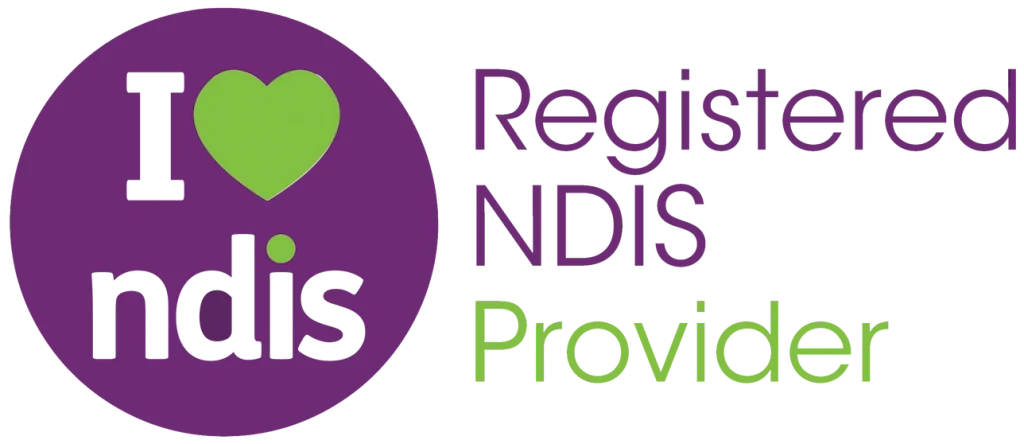Caregiving cannot succeed as a one size fits all approach in the modern world which has a culture that thrives on diversity. The home care experience can be transformed into a personal, respectful and empowering experience with the help of cultural sensitivity. Those providers who prioritize the cultural backgrounds of their clients provide trust, dignity and compassion along with support.
Let’s talk about how culturally sensitive care helps with home support and discuss some strategies for care that can meet the unique needs of each individual.
Why Cultural Sensitivity in Home Care Matters
Being culturally sensitive isn’t simply about avoiding misunderstandings, it’s about being able to create genuine connections. Home care is an intimate service, and respecting the cultural preferences can be a great way to make the experience better.
Building Stronger Connections
Having Awareness and showing respect to a client’s cultural values establishes trust between both caregivers and the client. Care is by nature a very personal thing and personal boundaries will be crossed because of it, it is important to remember that trust isn’t something that is given, it needs to be earned. There are certain things such as dietary restrictions or religious customs that are different across cultures and having even a simple acknowledgment of that can create an environment of mutual respect.
Improving Communication
To provide good care, you first need to understand better, and to understand better you need effective communication. Culturally sensitive caregivers adapt the ways they communicate to meet the needs of their clients who speak a different language, or simply who prefer certain ways of interacting. It can range from using interpreters, to learning key phrases in a client’s language.
Better Health Outcomes
If cultural needs are acknowledged in care plans, it can lead to better compliance and enhanced well-being. Clients can have more involvement and feel better understood, which increases their probability to engage in their care routine.
Challenges Faced by Caregivers
Despite the obvious benefits of cultivating culturally sensitive care, it can be difficult to achieve. Caregivers often go through the following hurdles:
- Unfamiliarity with Cultural Practices: There’s no way to know everything about every culture, and it’s easy to make mistakes with assumptions.
- Language Differences: Even simple tasks can become frustrating for a caregiver and client if they are speaking different languages.
- Unintentional Biases: We all have biases and unless they are checked, they can be barriers to the caregiving process.
These challenges show the importance for home care agencies to engage their teams to bring about cultural competence.
How to Deliver Culturally Sensitive Care
They don’t have to be experts in every culture, caregivers simply need the tools to learn and adapt. Here’s how that can happen.

Ongoing Training in Cultural Competence
Regular training is provided by home care providers like 1st Care Community to keep its caregivers informed and ready. It covers topics, like understanding cultural taboos, alleviating unconscious biases, and altering how we communicate.
For example, a caregiver providing services through NDIS in Brisbane may encounter clients who have dietary restrictions, specific communication preferences, or unique family dynamics can be more sensitive and respectful when responding to these circumstances thanks to proactive preparation.
Encouraging Open Dialogue
Oftentimes, caregivers only need to ask, and the client will tell them what they need to be more comfortable. Open conversations will give you incredible insights on how people celebrate holidays, what cultural traditions are followed, how people prefer to eat and many other things.
This is to be matched by active listening. Caregivers need to ask for feedback and adapt their way of working if required.
Customizing Care Plans
Holistic care plan must be all about the client’s individuality. In fact, a practice like meal preparation when a person has dietary preferences or timing of visits around the prayer schedule can be considered part of the home care packages in Brisbane.
Partnering with Community Groups
Collaboration is sometimes the best way to learn about a culture. Working with cultural organizations or liaisons provides caregivers with great resources to help serve their clients better. Through these partnerships we can learn about tradition, health and social practice.
Creating Inclusive Work Environments
It’s good for clients but it’s excellent for caregivers as well. Agencies have the opportunity to create multilingual displays and resources on cultural holidays, and promote a workplace where diversity is welcomed and celebrated.
퍼스트 케어 커뮤니티 is a trusted NDIS service and home care package provider in Brisbane which has a diverse and multilingual team that can speak and understand up to 20 languages.
Let’s Talk About Solutions
1st Care Community, who understands cultural differences, is here if you are looking for NDIS services or home care packages in Queensland. Our diverse team is committed to honoring the unique needs of patients and families and developing genuine relationships that feel just right to you and your family.
방문하다 우리 웹사이트 or 문의하기 today to learn more about how we can help out with home care packages in Brisbane and across the country.


